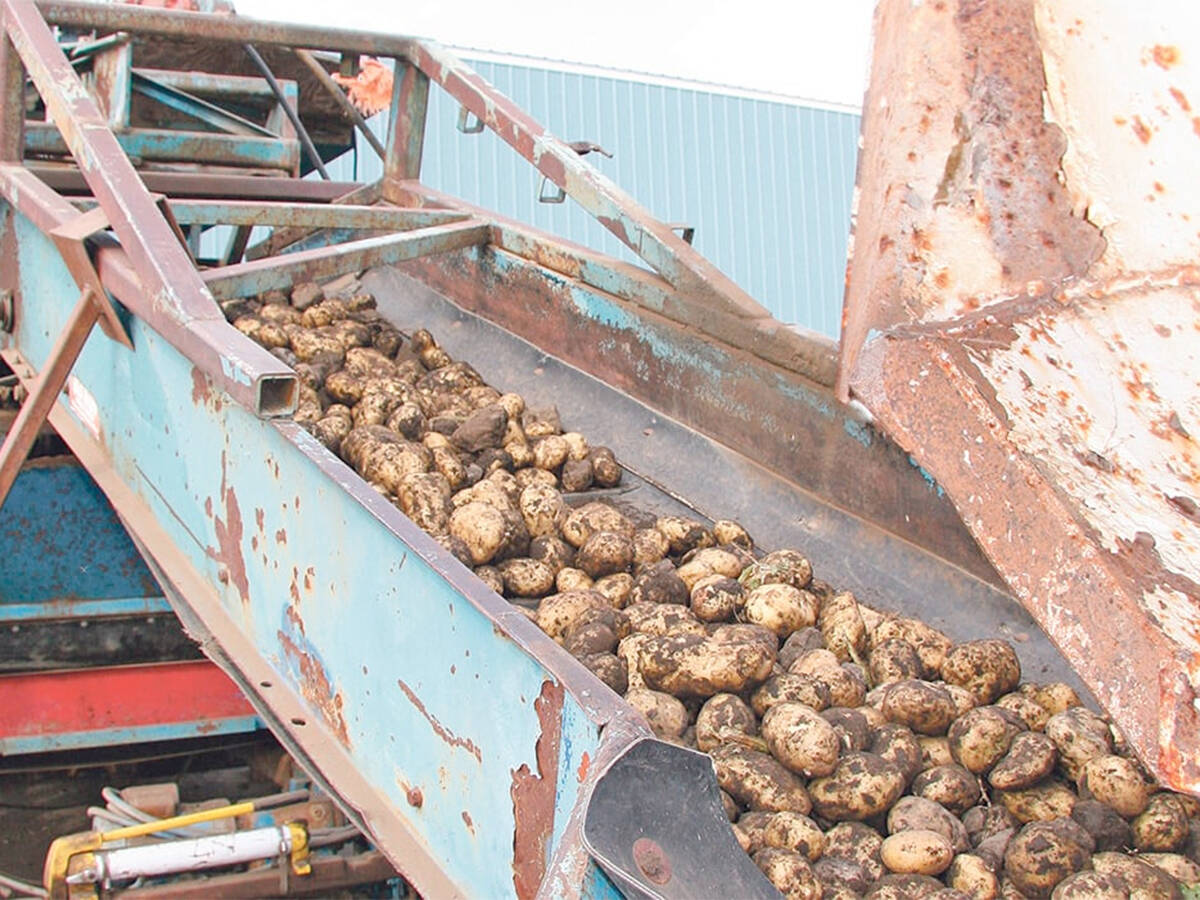Farm subsidies could be cut as part of efforts to reduce federal spending, said Senate Majority Leader Harry Reid March 8, pointing to high grain, soybean and cotton prices.
Reid was the latest congressional leader to say farm subsidies could be a target for budget cuts. House Speaker John Boehner said last week he was willing to consider cuts in farm subsidies, ethanol tax breaks and pet projects.
A Democrat, Reid listed subsidies for oil companies and agriculture among so-called mandatory programs that could be cut.
Read Also

Potato growers beware new PVY strains
Newer strains of potato virus Y (PVY) are creating headaches for potato farms in Eastern Canada, and Manitoba farmers should pay attention
“Commodity prices – farm products have never been higher … there’s money there,” said Reid. He did not suggest a particular approach on farm supports.
The Obama administration proposed elimination of farm subsidies to the wealthiest farmers in its fiscal 2012 budget proposal, to save $2.5 billion, or five per cent, on farm subsidy costs over a decade. About 30,000 people would be affected.
Under the administration proposal, people who make more than $500,000 a year in adjusted gross income would not be eligible for crop subsidies, down from the current $750,000 AGI.
During a YouTube interview last week, Boehner, a Republican, was asked during a high-paced series of questions, “Will you consider ending farm subsidies, ethanol subsidies and other pet projects as part of your fiscal trimming?”
“Yes,” said Boehner, who was not asked to elaborate.
Boehner voted against the 2002 and 2008 farm laws.
Farm-state lawmakers say any revisions in farm supports should wait until 2012, when farm policy is due for an overhaul.
Farm subsidies, including crop supports and land stewardship payments, are forecast for $9 billion in the fiscal year ending Sept. 30.














